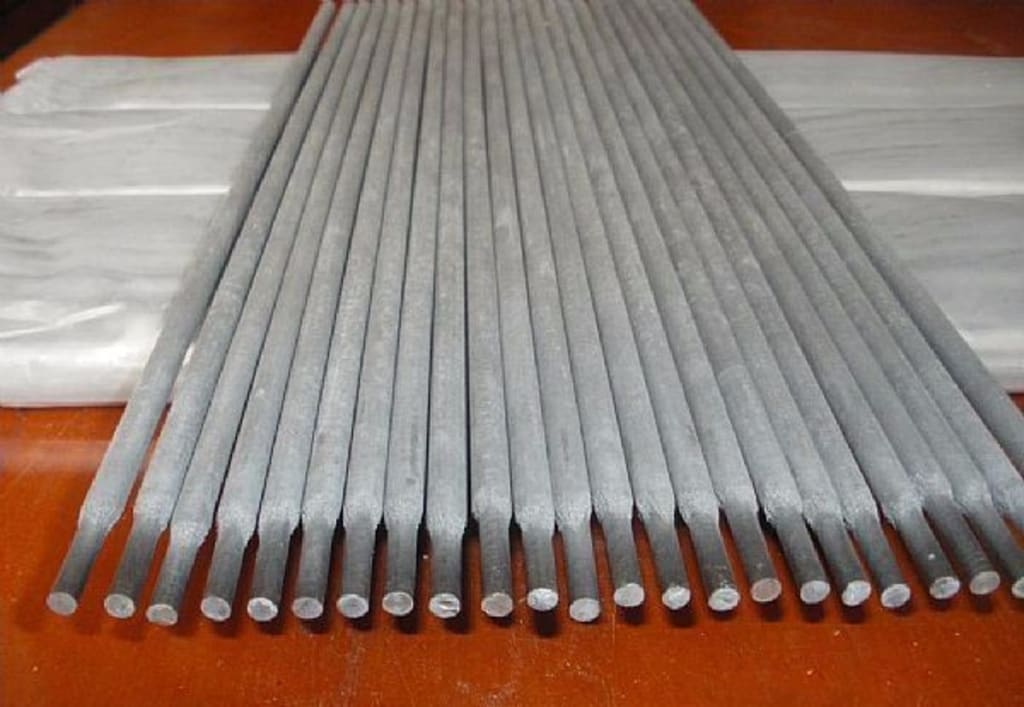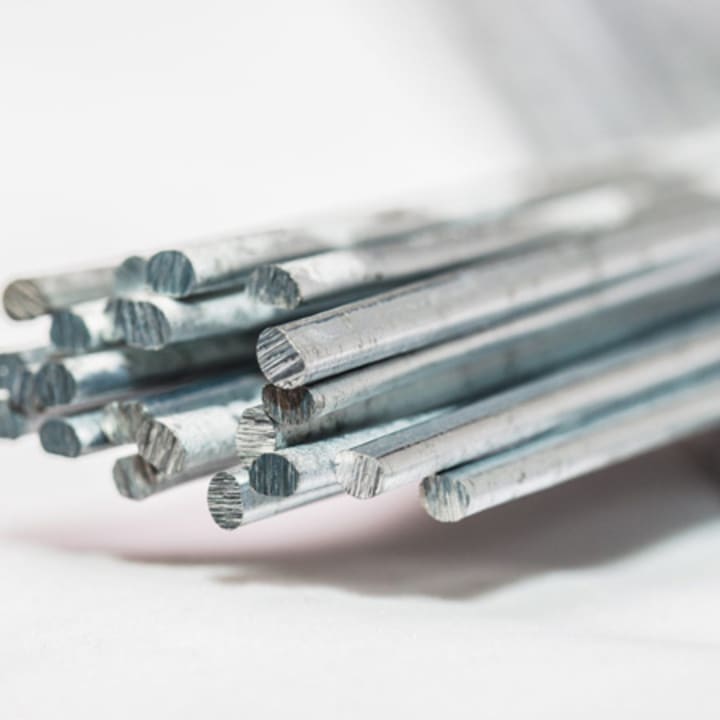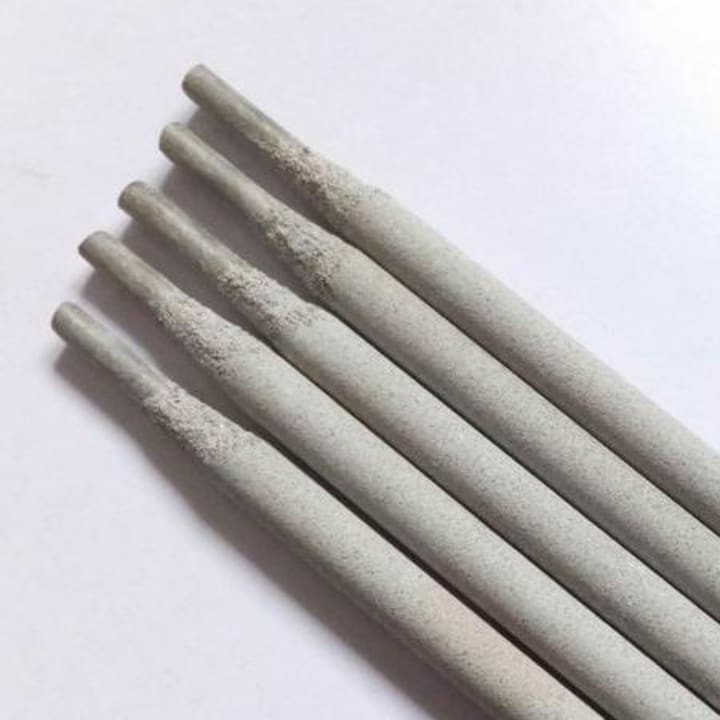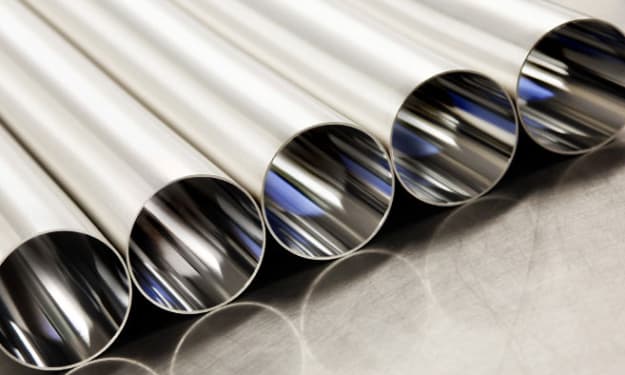
Inconel
Inconel is a corrosion-resistant alloy that performs effectively in harsh conditions.
Inconel is a recognized brand belonging to the Special Metals family.
They're classified as austenitic nickel-chromium-based Superalloys.
Even at the melting or burning temperatures of many other metals, Inconel alloys maintain a high level of tensile strength. Welding is the technique of uniting two or more metal pieces by heating them to their melting temperatures and fusing them together. When heated, Inconel forms a dense, stable, passive oxide layer that protects the surface from further attack. Inconel maintains strength across a wide temperature range, making it ideal for high-temperature applications where aluminum and steel will succumb to the pressure due to thermally induced crystal voids.
The Inconel alloy's exceptional and flexible corrosion resistance across such a wide temperature and pressure range is one of the main reasons for its widespread use in chemical processing. Inconel alloys are corrosion-resistant and oxidation-resistant components that are ideally suited for usage in high-pressure, high-kinetic-energy settings. When heated, Inconel forms a deep and long-lasting passivating oxide layer that protects the surface from further attack.
What is An Inconel Welding Rod and What Grades Are There?
Inconel 625 Welding Rod is made of nickel-chromium-based alloy. It is a stainless steel material that has good corrosion resistance and is strong, ductile, and has excellent high-temperature properties.
Inconel 625 welding rods are used for joining metals that are subject to corrosive attack or exposure to high temperatures. They can be used for joining titanium alloys, nickel alloys, copper alloys, and other similar materials.
There are three grades of Inconel 625 welding rod: Inconel 625 rod 1/16" diameter; Inconel 625 rod 1/8" diameter; Inconel 625 rod 3/32" diameter.

Applications of Inconel 625 Welding Electrodes
Inconel 625 welding electrodes are made of a nickel alloy. They are used in gas metal arc welding, gas tungsten arc welding, and electron beam welding. The main application of these electrodes is in the construction of nuclear reactors and aircraft engines.
The applications of Inconel 625 Welding Electrodes are vast and varied. They are used in the construction of nuclear reactors and aircraft engines, as well as in the fabrication of pipelines for oil and gas fields.
Uses of Inconel 625 Welding Rod
Inconel 625 is a nickel-based alloy that is resistant to corrosion and oxidation. It has high mechanical strength and excellent resistance to creep deformation.
It can be used in extreme environments like those found in the oil, gas, and nuclear industries. It can also be used in other applications such as jet engines and heat exchangers.
Inconel 625 Welding Electrodes are used in welding applications where the weld joint needs to be made up of a nickel-based alloy. Inconel 625 Welding Electrodes are often used as a filler material when welding Inconel 625 or other nickel-based alloys with lower melting points than Inconel 625.

Benefits of Inconel 625 Welding Electrodes
Inconel 625 welding electrodes are an essential part of the welding process. They provide the heat necessary for the welding to take place.
The benefits of Inconel 625 Welding Electrodes are that they have a high level of resistance to oxidation and corrosion, which makes them a good choice for welders who work in environments with high levels of humidity. It is also resistant to chloride-induced stress corrosion cracking. This makes it an excellent choice for welders who need to work in marine environments or near saltwater.
Inconel 625 Welding Electrodes can be used on many different types of metals, such as stainless steel and nickel alloys, making it a versatile option for many different applications.
When exposed to high temperatures, using a metal that is too dissimilar to the linked metals might cause difficulties such as bimetallic corrosion and differential thermal expansion.
After all, getting a "heatproof" Inconel basket won't help you much if the welds connecting his sections fall apart during the heat treat process.
About the Creator
sagar s
Movie & Chai <3






Comments
There are no comments for this story
Be the first to respond and start the conversation.